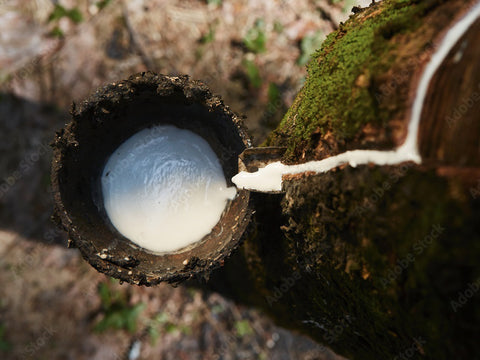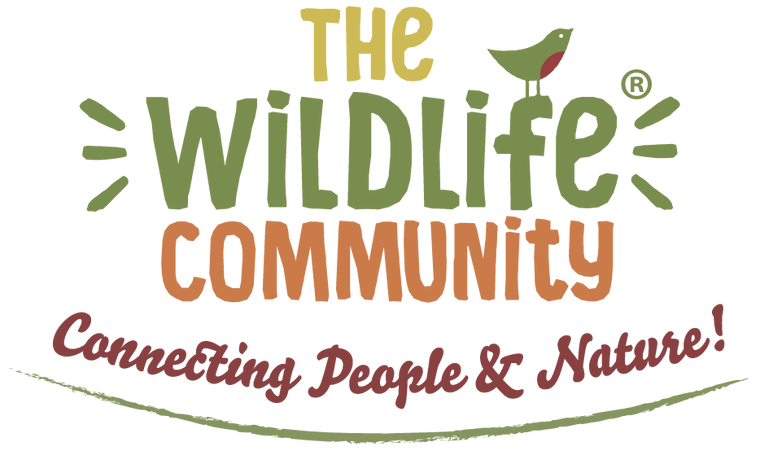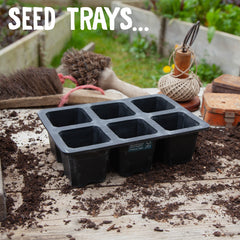Plastic Free Gardening

Our story...
Martin and Grant were keen gardeners and environmentalists, based in west London. Martin has spent all his working life sourcing ethical, sustainable products from around the world, and this is his (semi-) retirement project. 'Other people buy a Mercedes', he says, 'I want to do this'.
Grant was a founder member of Ealing Transition, and has been responsible for local action on climate change for over ten years, raising awareness, organising talks and meetings, planting community gardens and orchards, and most recently leading a local solar schools initiative.
In August 2020 Grant died far too early. Martin is trying to keep Plastic Free Gardening going in part as a tribute to his partner.


Natural Rubber: A Better Way
Unlike the plastics industry, which is controlled by a few massive multinationals. natural Rubber is an entirely sustainable product, which is grown by small farmers or on plantations. Plastic Free Gardening sources only from suppliers, whose plantations are certified not to have not replaced natural forests. Due to the extremely low current price of natural rubber, a lot of rubber plantings are under threat from conversion to palm oil or beef production. So when you buy our seed trays, you ensure the survival of a valuable, natural resource.
Rubber trees are ‘tapped’ by small farmers or plantation workers, in theory providing an important source of revenue. However, at present the price for natural rubber does not even cover the cost of productions. But because we are members of the Fair Rubber Association, we pay our primary suppliers a Fair Trade premium of EUR 0.50 kg/DRC (Dry Rubber Content) - at present almost 40% above world market prices. This helps to improve the working and living conditions of the primary producers, and ensures environmentally friendly, sustainable production. Our main source for natural rubber is also FSC certified.
Charles Dowding
We are both big fans of Charles Dowding's 'no dig' approach to gardening and have both enjoyed Charles' courses at Homeacres. So we were thrilled when Charles agreed to try out our natural rubber seed tray.
What did Charles Say?
'Great result, lovely plants, easy to use. I like the small cells. I thought she small drainage holes might be a problem, especially by making it more difficult to push the rootball up when planting. However because the tray is so flexible, plants push up easily and the rootball is not damaged. Drainage is fine, growth is steady. On size I would not go smaller. The size you have is ideal for starting almost all veg and few modules can offer that. The amount of compost used is not excessive, space requirement is fine, say germinating on a windowsill.'
Natural Rubber - a fantastic product, with great versatility!
Shop for all Plastic Free Gardening products












